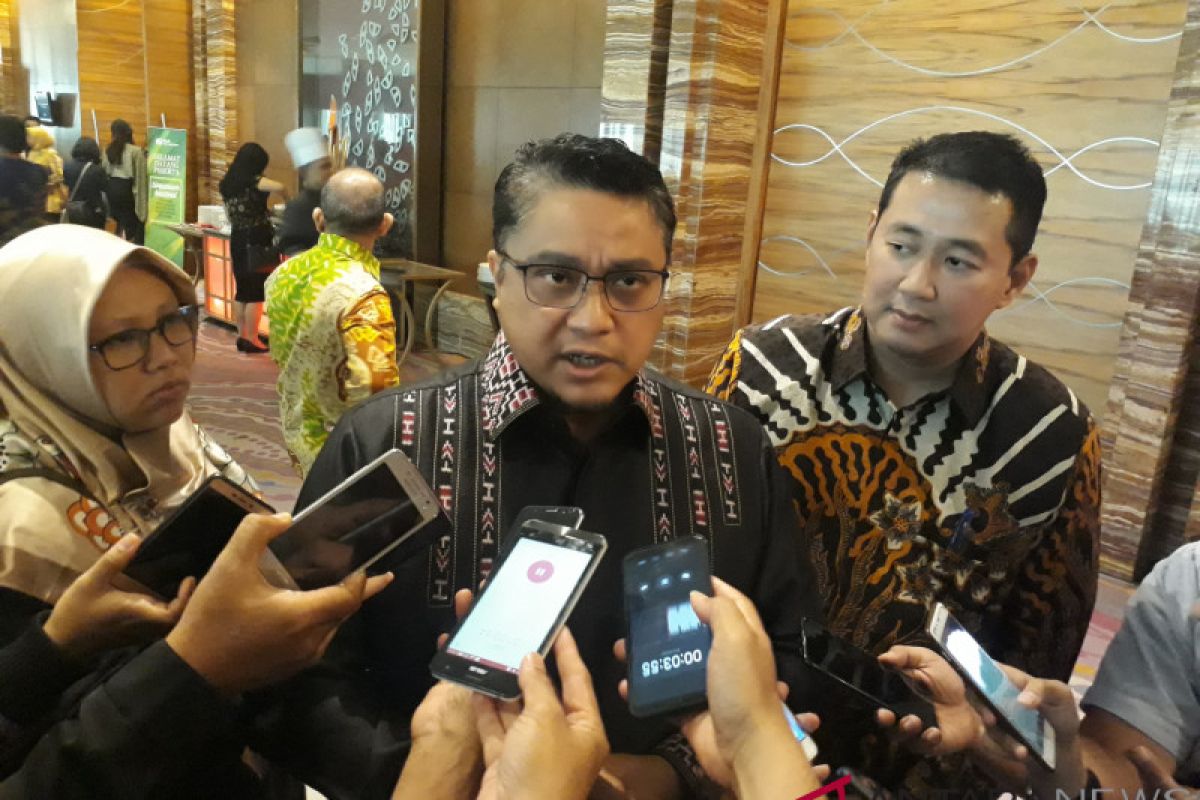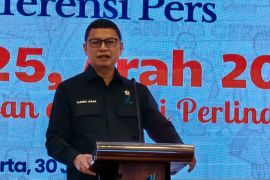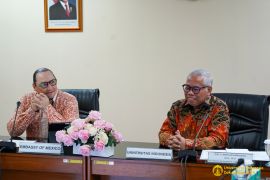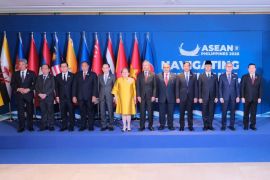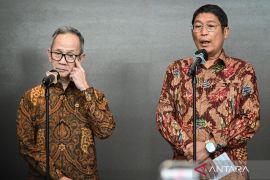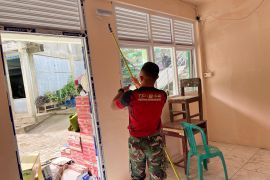"We have discussed the system and it is good for overcoming non-procedural placements that continue to swell and tend to be unresolved," said Yusuf after the National Symposium on the Protection of Indonesian Migrant Workers (PMI) in Jakarta on Tuesday.
According to Yusuf, the system is different from the previous placement, because informal workers do not do all types of domestic work. "Maximum, two kinds of work, with a measured time and a guarantee of decent wages," said Yusuf.
Because of this concept, the moratorium on the placement of Indonesian labor migrants is not revoked, meaning that the old-fashioned placement system is no longer permitted, but replaced with SPSK.
Director of Membership of BPJS Employment E Ilyas Lubis welcomed the agreement because it facilitated the protection system, which is the responsibility of BPJS-TK.
Regarding the possibility of a surge in the TKI membership, Ilyas said BPJS-TK had also prepared a manual and online system to facilitate access to membership and claims.
Previously, the Governments of Indonesia and Saudi Arabia agreed to work together to test in a limited way the implementation of the One Channel Placement System (SPSK) of Indonesian migrant workers.
The Indonesian Minister of Manpower M Hanif Dhakiri and the Minister of Manpower and Social Development of the Kingdom of Saudi Arabia Ahmed bin Suleiman bin Abdulaziz al Rajhi on Thursday (October 11) signed the cooperation at the Indonesian Ministry of Manpower office in Jakarta.
The new system includes PMI recruitment and placement processes through an integrated online system that allows both governments to supervise, monitor and evaluate.
Reporting by Erafzon Saptiyulda AS
Editing by Andi Abdussalam
Reporter: Antara
Editor: Fardah Assegaf
Copyright © ANTARA 2018
